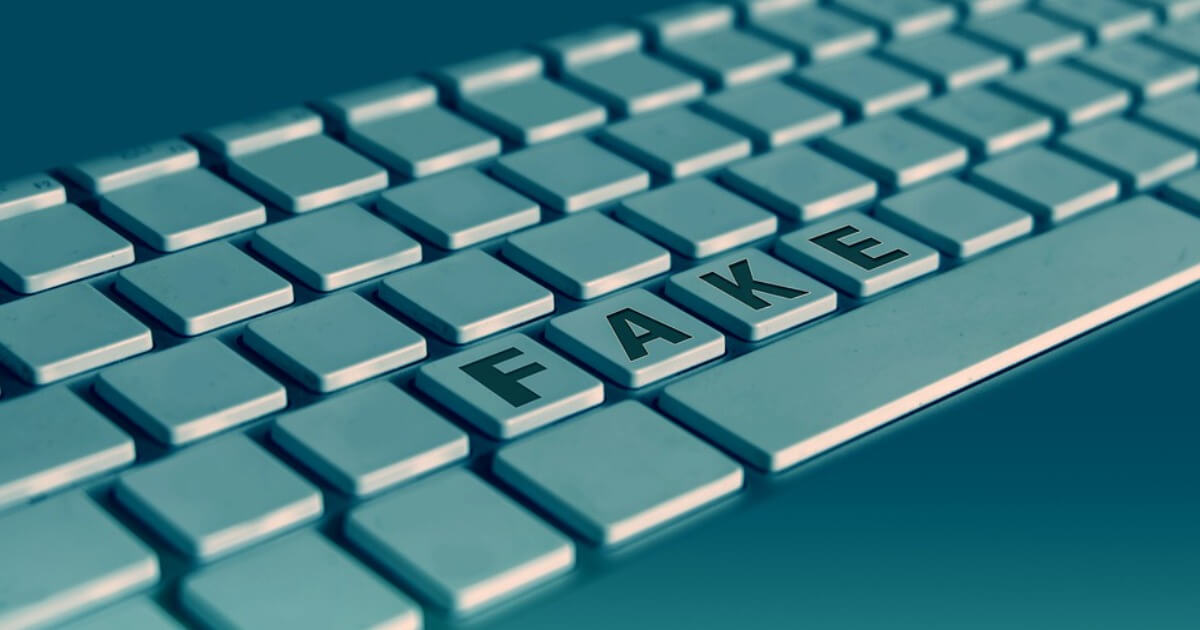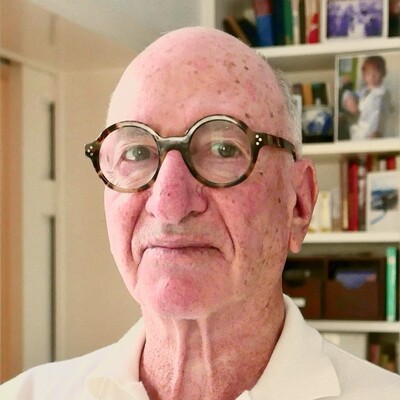Fake News: Trump and Netanyahu
We need fact-checkers now, more than ever. But are they a real deterrence to politicians who lie?
March 2, 2017

Truth.
It’s more important
now than ever.
The bold statement flashed across tens of millions of television screens as part of an advertisement in the midst of the “Oscars” show.
The sponsor, The New York Times, is the target of White House abuse and so it stressed: “The truth is under attack. The truth is worth defending. The truth requires taking a stand.”
Not just in Donald Trump’s United States, but also in increasing numbers of countries, the public confronts an avalanche of “fake news.”
The more citizens are confused by what really are the facts (as opposed to what White House Counselor Kellyanne Conway calls “Alternative facts”) so the more the credibility of the mainstream press declines.
And a press that is publicly respected is essential for uncovering government secrecy, speaking truth to power, and exposing corruption.
Increasing number of truth tellers
The good news is that there are now more organizations in more countries devoted solely to exposing “fake news” and outright lies by politicians than ever before.
“According to the most reliable global count, 113 such groups are active today. More than 90% were established since 2010; about 50 launched in the past two years alone,” state academic researchers Lucas Graves and Federica Cherubini in a new report published by the Reuters Institute for Study of Journalism.
The newest group that is about to join this expanding legion of truth-tellers is called “The Whistle” founded by former Israeli army major, Boaz Rakocz.
He says that many of the anti-media actions being taken by President Trump are also being taken by Israeli Prime Minister Benjamin Netanyahu.
For example, says Boaz:
It is not uncommon to find Netanyahu misquoting prominent Americans to suggest that he has powerful support for his policies. While at the same time, [newspaper] Israel Hayom, owned by American Sheldon Addelson, is the loudest media advocate of the government’s policies – it is given away free of charge and offers low-priced advertising that is driving many papers out of business, is the loudest media advocate of the government’s policies in the country.
Just a few days ago, The New York Times and several other major media organizations were barred from a White House press briefing. This is an unprecedented action.
Power of fake news
It came as Donald Trump told a major conference of American conservatives: “A few days ago I called the fake news the enemy of the people, and they are – they are the enemy of the people…the fake news media does not tell the truth…we’re going to do something about it.”
But it is not just Trump and Netanyahu who head democracies and yet use authoritarian techniques to try and destroy the mainstream media.
Fake news was as crucial to the U.K.’s “Brexit” campaign as it has been for the political power now enjoyed by Hungarian Prime Minister Viktor Orban and the mounting power being secured by Turkey’s President Recep Erdoğan.
In response, as Graves and Cherubini point out,
Today at least 34 permanent sources of political fact-checking are active in 20 different European countries, from Ireland to Turkey. They can be found on every part of the continent, including the Nordic countries, the Mediterranean, Central Europe, the Balkans, and the former Soviet republics.
A major influence on the techniques used by these organization is Politifact, owned by the independent St. Petersburg Times in Florida, which started in 2007 and won a prestigious Pulitzer Prize in 2009 for its reporting on the previous year’s presidential election.
Building networks of truth-telling
As Boaz notes, and as Politifact has shown, the crucial issue for all fact-checking organizations is accuracy. Readers must also know that the fact-checkers are independent.
The information generated by the fact-checkers, he says, needs to be disseminated fast to both the mainstream media and through online channels.
He notes that it takes time to secure a network of experts that can help expose the lies and fakes, just as it demands a good technology base to ensure that the truth is seen widely.
It has taken him two years to build the capacity to launch the Israeli “Whistle.” Like many fact-checking organizations not owned by media firms, the “Whistle” has had to rely on foundation grants, which in his case has been largely provided by the New Israel Fund, a philanthropic organizations founded in the United States. (Note: Frank Vogl is a member of this organization’s International Council).
But how effective are the fact-checkers?
Research by Graves and Cherubini concludes that most politicians ignore the fact-checkers.
Trump and many others continue to spin their fantasy stories and denigrate the mainstream media for being purveyors of fake news, irrespective of all the media fact checking that is taking place.
But, clearly without the fact-checking organizations we would be in a worse place and citizens everywhere might be even more confused.
And then, if you worry that fact-checking alone is not sufficient, you can always follow the lead of The New York Times and start advertising that: The truth is necessary. The truth can’t be glossed over. The truth can’t be manufactured.
